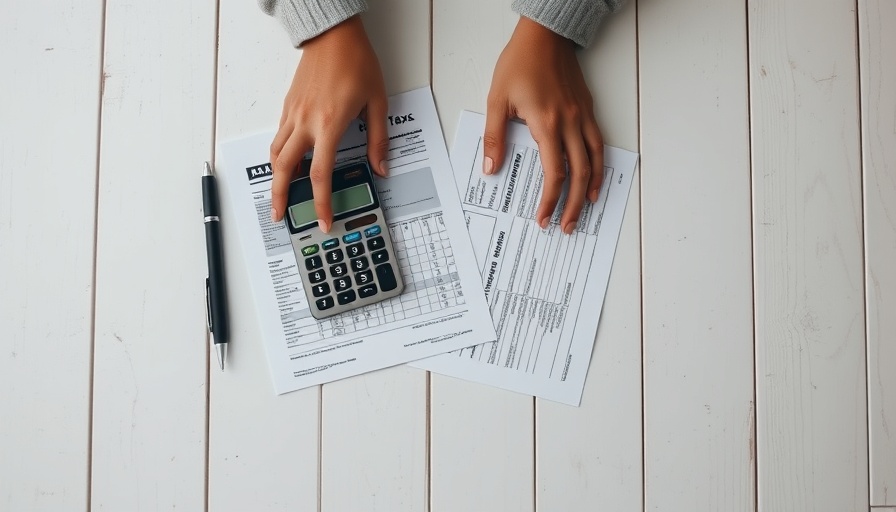
Could Colorado’s Tax Structure See Major Overhaul?
As Colorado looks towards the future, a coalition of liberal advocacy groups is making strides to introduce a significant change to the state's income tax structure. In a move that could reshape fiscal policy, they are gearing up for a 2026 ballot measure that aims to implement a graduated income tax rate. This new approach could potentially generate over $2 billion annually, funding vital services such as healthcare, education, and public safety.
The Proposed Changes: Who Would Benefit?
The proposal seeks to increase taxes for high-income individuals, specifically those earning over $506,000 per year, while simultaneously reducing taxes for lower-income earners. This shift promises relief to a significant number of Colorado taxpayers who currently face a flat tax rate, which many argue disproportionately affects those with lower incomes.
The Challenge Ahead: Securing Voter Support
Despite the potential benefits, the path to placing the measure on the ballot is fraught with challenges. Advocates must gather 125,000 voter signatures, which includes representation from all 35 state Senate districts—an endeavor that could cost millions. Coalition leader Rep. Chris deGruy Kennedy acknowledges that the discussions around funding this effort are ongoing, highlighting the financial hurdles the group faces.
Understanding the Taxpayer's Bill of Rights
One of the significant obstacles hindering this initiative is Colorado’s Taxpayer's Bill of Rights (TABOR), which mandates a single tax rate for income. To change this fundamental aspect of the state constitution, a simple majority would suffice for passing the measure, given that it involves stripping existing language rather than adding new provisions.
Looking Ahead: A Compromise or a Catalyst?
For the Democrats, pursuing a graduated income tax rate could represent a strategic compromise. Acknowledging the enduring popularity of TABOR, party leaders believe that this approach may serve as an acceptable middle ground. The proposal reflects an evolving conversation about fiscal responsibility and the role of taxation in ensuring a balanced and fair economic environment.
 Add Row
Add Row  Add
Add 




Write A Comment